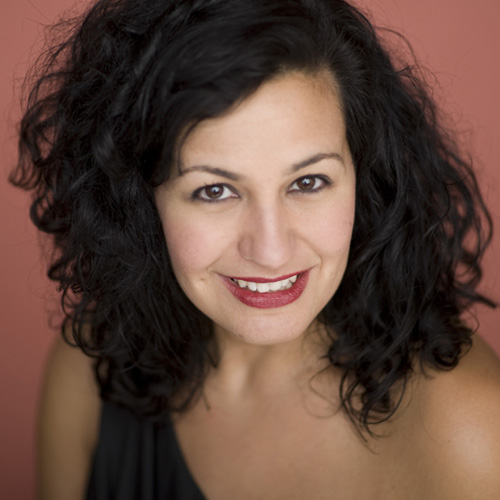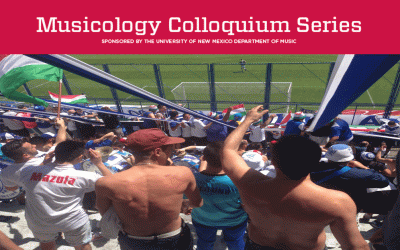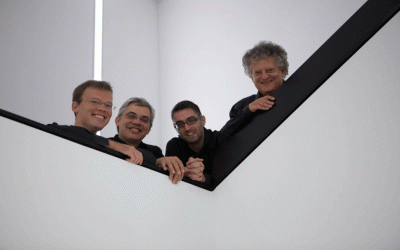The American Prize in Vocal Performance—Friedrich and Virginia Schorr Memorial Award honors the memory of the greatest Wagnerian baritone of his age, Friedrich Schorr, who commanded the operatic stage between the world wars, and his wife, Virginia Schorr, who taught studio voice at the Manhattan School of Music and the Hartt School of Music for nearly fifty years. The Prize recognizes and rewards the best performances by classically trained vocalists in America, based on submitted recordings.
The American Prize in Vocal Performance—women in opera (professional division), 2022, The Friedrich and Virginia Schorr Memorial Awards
The American Prize Winner: Olga Perez Flora, University of New Mexico, Albuquerque, NM
Opera roles include performances with Opera Company Middlebury/A Streetcar Named Desire (Eunice), Opera Columbus/Madama Butterfly (Suzuki), Arizona Opera/Die Zauberflöte (Third Lady), Opera in the Heights/Don Giovanni (Zerlina), and more.
Internationally known as a recitalist, Dr. Flora has performed several recitals with companies across the United States, Cuba, and Italy. She has most recently created a Cuban Song Recital named Canciones de mi Isla: Songs from my Island.

Embodying Fandom: Chanting in Twentieth-Century Argentine Soccer
Argentine soccer fandom involves a nuanced set of bodily practices and a vast repertoire of chants based on radio hits and broadcast advertisement. This talk demonstrates how chanting brings together sounds and bodies in an affective public practice that incites intense feelings of social cohesion and belonging meaningful beyond what is being said with words.
Dr. Kristina Jacobsen is awarded the 2018 Woody Guthrie Book Award
Dr. Kristina Jacobsen, Assistant Professor of Ethnomusicology in the UNM Department of Music, is awarded the 2018 Woody Guthrie Book Award for the most outstanding book in popular music by the International Association for the Study of Popular Music (IASPM-U.S.).
Music from the Americas Concert Series presents The Arditti Quartet
The Arditti Quartet has established itself as one of the world’s foremost chamber ensembles dedicated to contemporary music. It enjoys a world-wide reputation for their spirited and technically refined interpretations of contemporary and earlier 20th century music.



